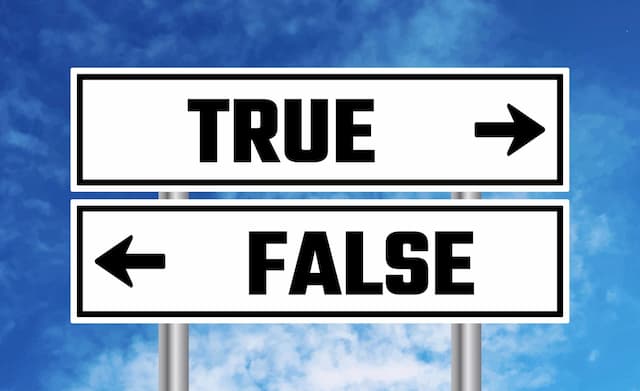How to Deal with Hostile Questions; and The Spiritually In and Out. Some Surprises | Dreaming Beneath the Spires
Matthew 21
23 Jesus entered the temple courts, and, while he was teaching, the chief priests and the elders of the people came to him. “By what authority are you doing these things?” they asked. “And who gave you this authority?”
Do you think they truly wanted to know. Or was this a hostile question?
Of late, I do not answer hostile, rhetorical questions.
And here, neither does Jesus.
And so how does he deal with them? Sometimes, he refuses to answer. Sometimes, he answers a question with a question, “a unique cultural predisposition” of Jewish people, according to the website Stuff Jewish People Like.
What were these things? Cleansing the temple, for one! Healing and teaching in the temple, because he is neither a scribe, nor a priest.
24 Jesus replied, “I will also ask you one question. If you answer me, I will tell you by what authority I am doing these things. 25 John’s baptism—where did it come from? Was it from heaven, or of human origin?”
They discussed it among themselves and said, “If we say, ‘From heaven,’ he will ask, ‘Then why didn’t you believe him?’ 26 But if we say, ‘Of human origin’—we are afraid of the people, for they all hold that John was a prophet.”
27 So they answered Jesus, “We don’t know.”
Canniness meets the creator of human intelligence.
Jesus counter-traps them. If they do not know whether John was from God, how can they judge if Jesus is?
Then he said, “Neither will I tell you by what authority I am doing these things.”
He calmly and quietly refused to answer their hostile tricky question.
I am increasingly refusing to engage when it is clear that the intent of the questioner is hostile.
Jesus “self-destructing.” Telling the truth regardless of the consequences.
28 “What do you think? There was a man who had two sons. He went to the first and said, ‘Son, go and work today in the vineyard.’
29 “‘I will not,’ he answered, but later he changed his mind and went.
30 “Then the father went to the other son and said the same thing. He answered, ‘I will, sir,’ but he did not go.
31 “Which of the two did what his father wanted?” “The first,” they answered.
Jesus said to them, “Truly I tell you, the tax collectors and the prostitutes are entering the kingdom of God ahead of you. 32 For John came to you to show you the way of righteousness, and you did not believe him, but the tax collectors and the prostitutes did. And even after you saw this, you did not repent and believe him.
One son was outwardly acquiescent to his father, and in agreement what the father wanted. However, in reality, he did what he pleased.
The other son engaged with what his father wanted, and initially refused to obey him, though he ultimately came around and did it. And so he actually did what his father wanted.
So the ones whom the religious establishment considered as sinners, the prostitutes and tax collectors, initially said No, later repented, and so entered the Kingdom of Heaven. Whereas the outwardly righteous might have have their hearts far from God.
We may be the son who says Yes, when outwardly we are good church-goers, and clean livers. Inwardly, we might be full of malice, envy, worry, anxiety, and hatred.
On the other hand, we might be judged and criticized by others. Inwardly however, we have repented and turned to God and asked him for the grace to do better. And our hearts are filled with his joy.
The one who is honest about his failures, turns and does God’s will would be the one who enters the Kingdom of God.
The Greek for repent is μετανοέω, metanoeo, to completely change one’s mind, to radically change direction.
What is the Kingdom of God? Many things. To me, is the rest and freedom and joy of surrender, when God is your king, and in charge of your life–and in charge of your worries!!









